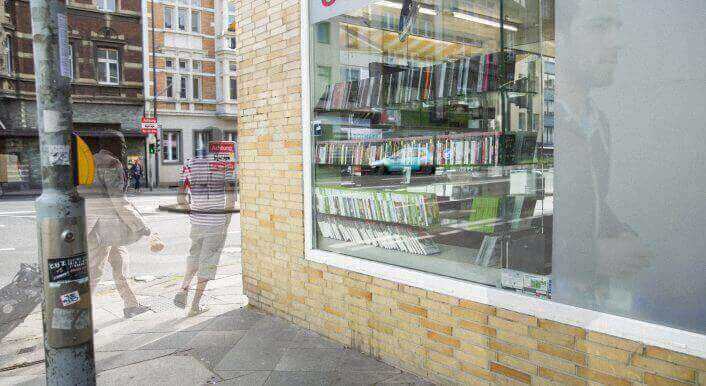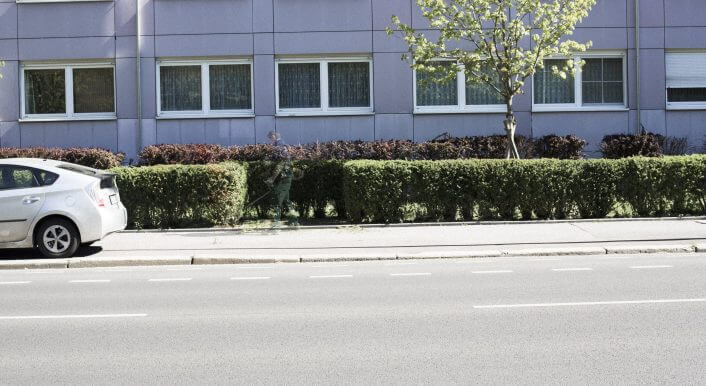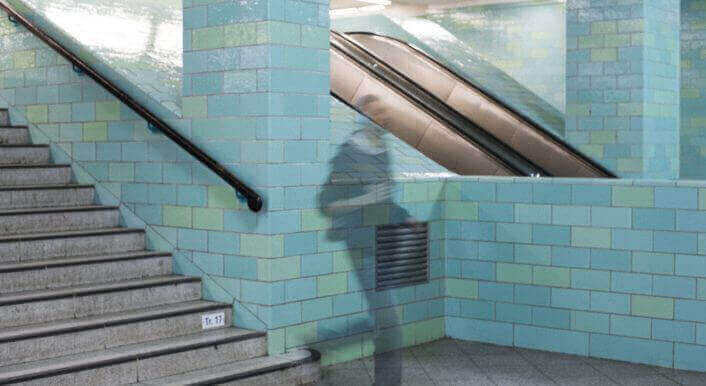
An Act of Grace as the Last Chance
Around every fifth day, the Jesuit Refugee Service makes an application to the Berlin Senate. Then a commission has to decide whether an immigrant can stay. The law says: “urgent humanitarian or personal reasons” must “justify a further stay of the foreigner on federal territory”. In cases of hardship, people can stay – if the Interior Minister approves.









